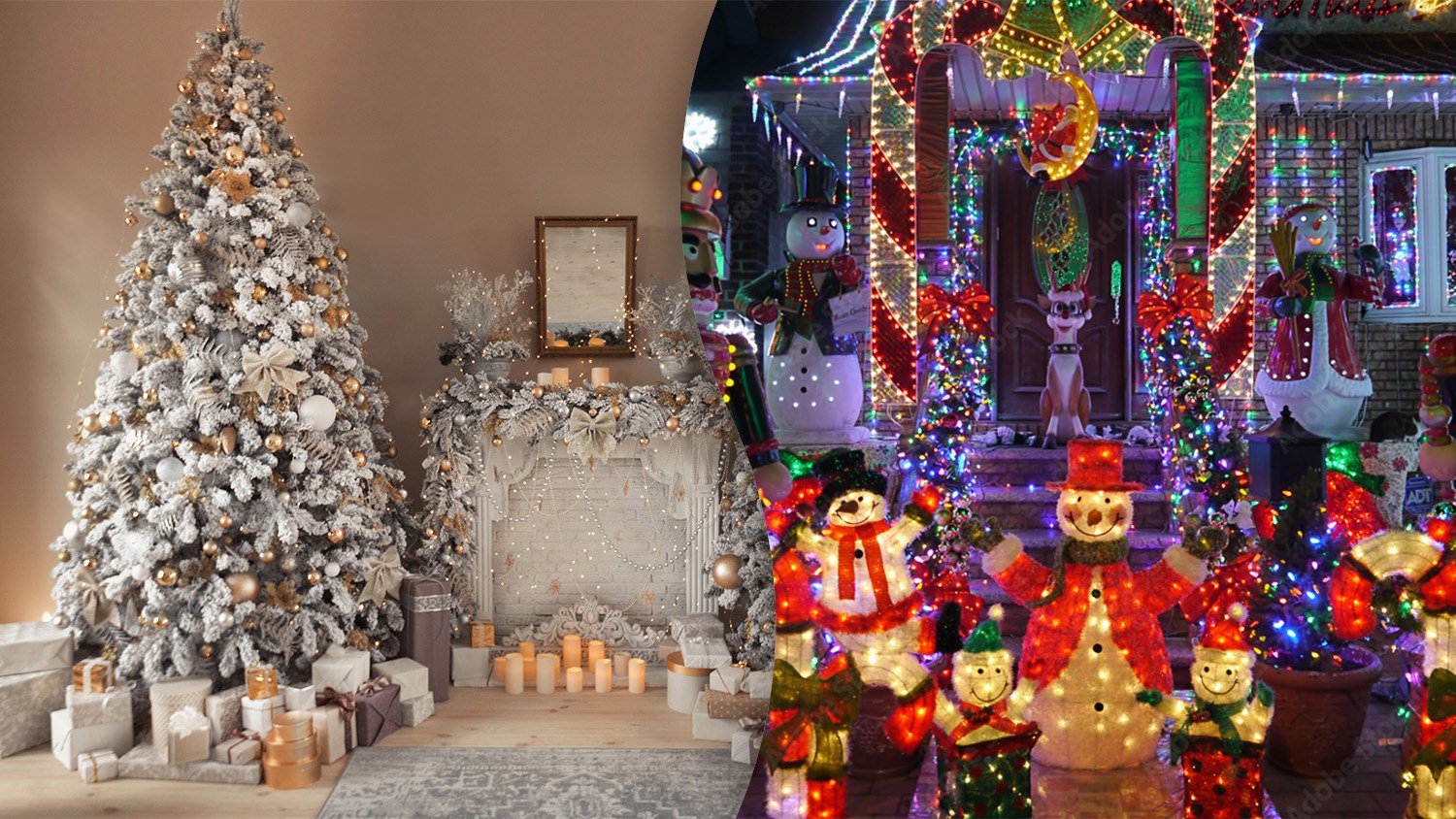MUSKEGON, Mich. (WOOD) — A cap on short-term rentals like Airbnbs will soon go into effect in Muskegon.
Muskegon is the latest lakeshore community to limit them. The city commission approved an ordinance last week allowing only 4% of housing in each part of the city to be dedicated to short-term rentals, effective Nov. 8. The decision will also end the current moratorium on new STR licenses issued by the city.
In July, Saugatuck voted to limit short-term rentals in many parts of the. Advocates said too many Airbnbs affected the quality and character of neighborhoods and prevented potential residents from settling down there.
In Muskegon, Commissioner Destinee Keener was among those who voted yes for the new ordinance, saying it’s an issue of having enough affordable housing in a high-priced market.
“We simply did this so there would be housing for the multitude of unhoused people and the multitude of people that still want to live out and about on the lakeshore,” Keener said.
The cap mostly affects the Beachwood/Bluffton neighborhood, an area surrounded by Muskegon Lake and Lake Michigan. It currently has 73 short-term rentals, according to city planning documents. The new requirement would allow 39 STRs in the neighborhood, meaning it will lose 34. No new STRs will be allowed until the number drops below 34, according to city planning documents.
Those in the neighborhood who already have a short-term rental license will be eligible for a one-time transfer of the license to a new owner. STR licenses issued after the ordinance goes into effect cannot be transferred to the new owner of a property. The new owners would have to apply again for a license.
Commissioner Willie German Jr. voted no on the proposal.
“To me, it really affected one area,” German told News 8 Tuesday. “I understand that people have put their life savings and investment into these short-term rentals and Airbnbs. I just would’ve liked to see a diplomatic approach and see it be more equitable and others have opportunities as well.”
There are some exceptions to the cap, with no limits for the Downtown Development Authority and the Lakeside Business Improvement District/Corridor Improvement Authority.
Roberto Villate, a short-term rental owner, lives in Bluffton and close to his properties. He said during last week’s meeting that his neighbors have never complained about his guests. He feels that good hosts are being unreasonably targeted by the cap.
“The changes being voted on today may destroy all my efforts, literally 40 years of work… I truly believe that a few people have turned a mole hill into a mountain and the city is acting capriciously,” he said. “These changes are being imposed unfairly upon many of us who are not big investors or people who cannot afford the financial loss that will result.”
Keener said at the meeting the policy could be reviewed in the future if things don’t go well.
“That’s the great thing about being in a small city, is you can come back to the drawing board if it does not work,” she said.










